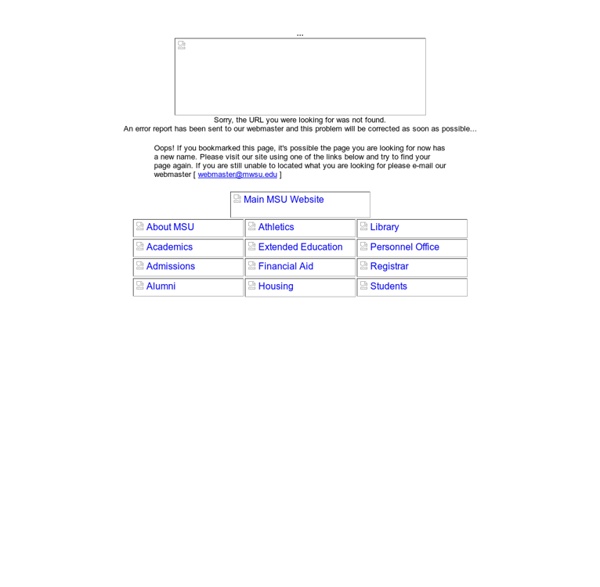The 5 E Learning Cycle Model

Instructional Design
There is a Time and Place for Everything… “We can’t shape what we don’t understand, and what we don’t understand and use ends up shaping us.” ~ Catarina Mota I always need to take a deep sigh when … Continue reading Has education come full circle? Education started with the Socratic process then morphed into the standard lectures and in the last decade migrated from “student based learning: to “active learning”. In this decade higher education … Continue reading Teaching and Learning Tools: February 2013 The following are a few tools that I tested and in some cases got lost in over the past month. What is the ideal school system? How can we measure what makes a school system work? Beta Tool: Blubbr Challenges TED-Ed with Snappy Interface BETA BLUBBR provides an extremely slick interface that makes it easy for users to create video-based quizzes — called “trivs” — similar to those seen on TED-Ed and Teachem. wireWAX Studio Tags and Tracks Objects in Videos Free! Methods for Engaging Students
If You Havent Got Anything Nice To Say
He was in the first third grade class I taught at Saint Mary's School in Morris, Minn. All 34 of my students were dear to me, but Mark Eklund was one in a million. Very neat in appearance, but had that happy-to-be-alive attitude that made even his occasional mischievousness delightful. Mark talked incessantly. I had to remind him again and again that talking without permission was not acceptable. I didn't know what to make of it at first, but before long I became accustomed to hearing it many times a day One morning my patience was growing thin when Mark talked once too often, and then I made a novice-teacher's mistake. I remember the scene as if it had occurred this morning. At the end of the year I was asked to teach junior-high math. One Friday, things just didn't feel right. That Saturday, I wrote down the name of each student on a separate sheet of paper, and I listed what everyone else had said about that individual. The exercise had accomplished its purpose. - Sister Helen P.
Instructional Design
Sixteen Qualities Of A Good Teacher ǀ SlingingtheBull.com.
Good teachers are rare, and few people, including school administrators who hire teachers, know what it takes to be one. Although some of the qualities of good teachers are subtle, many of them are identifiable. Here is a list of sixteen traits that excellent teachers have in common: 1. You can’t teach what you don’t know. 2. No teacher should be expected to have much patience with individuals whose lack of discipline, immaturity, or indolence interrupts the work of other students. 3. All good teachers are intellectually curious and naturally driven by their interests in keeping abreast of changes in their fields. 4. Good teachers are confident in their abilities to sense where students are in the learning process and in their students’ abilities to learn material that is presented in a logical and graduated fashion. 5. Talented teachers are able to work with students with varying levels of maturity and knowledge. 6. 7. Teachers must have plans and stick to them. 8. 9. 10. 11. 12. 13.
Collaborize Classroom - Online Education Technology for Teachers and Students
The Differentiator
Try Respondo! → ← Back to Byrdseed.com The Differentiator The Differentiator is based on Bloom's Taxonomy, Kaplan and Gould's Depth and Complexity, and David Chung's product menu. Try It In: French Dutch • Tweet It • Like Byrdseed • Pin It Students will judge the ethics of the [click to edit] using a textbook and create an essay in groups of three. Revised Bloom's Taxonomy adapted from "A Taxonomy for Learning,Teaching, and Assessing: A Revision of Bloom's Taxonomy of Educational Objectives" by Anderson and Krathwohl Depth and Complexity adapted from The Flip Book by Sandra N. Depth Big Idea Unanswered Questions Ethics Patterns Rules Language of the Discipline Essential Details Trends Complexity Multiple Points Of View Change Over Time Across the Disciplines Imperatives Origin Convergence Parallels Paradox Contribution Key Words Consequences Motivations Implications Significance Adapted from David Chung and The Flip Book, Too by Sandra N. Group Size One Two Three Four
Related:
Related:



